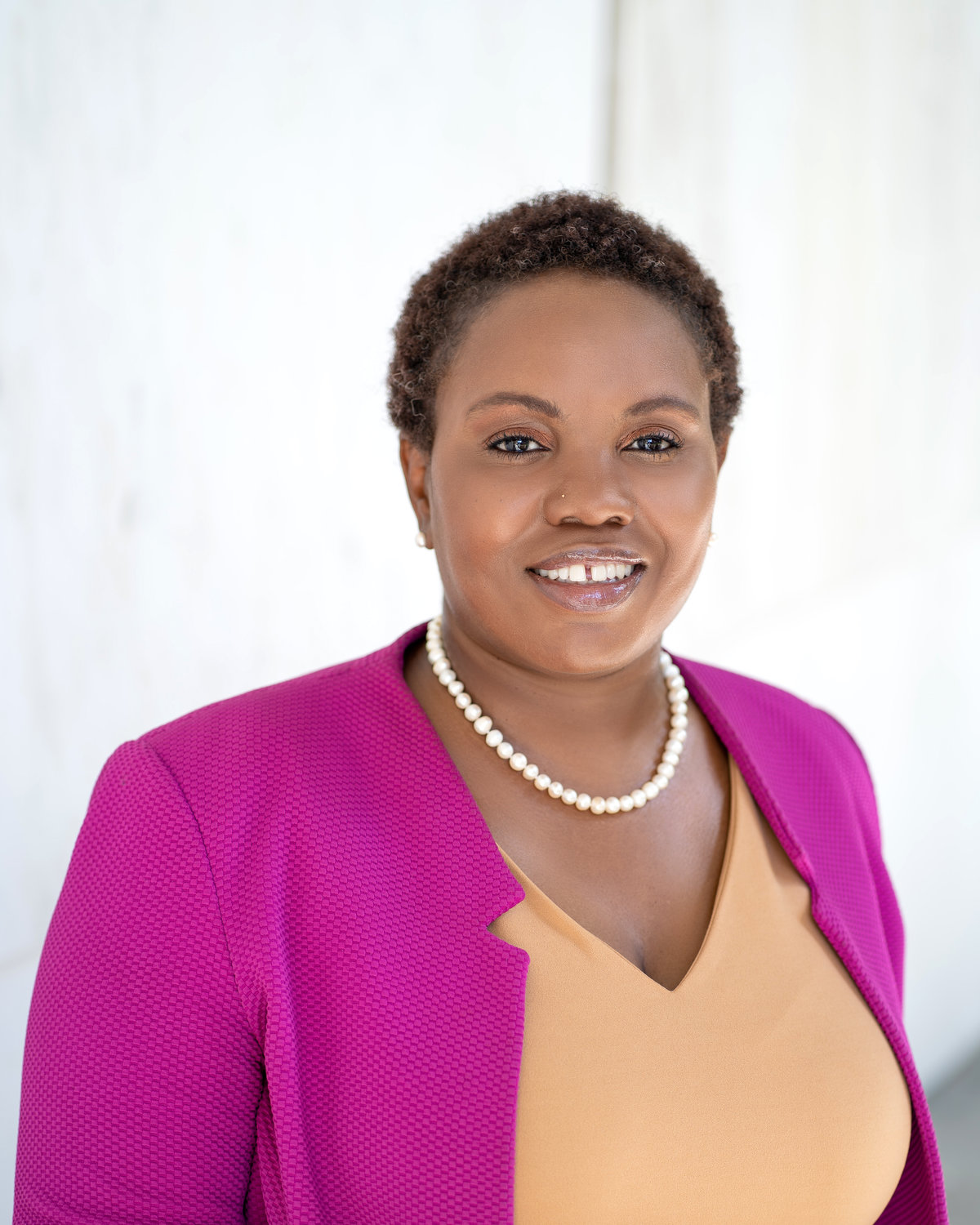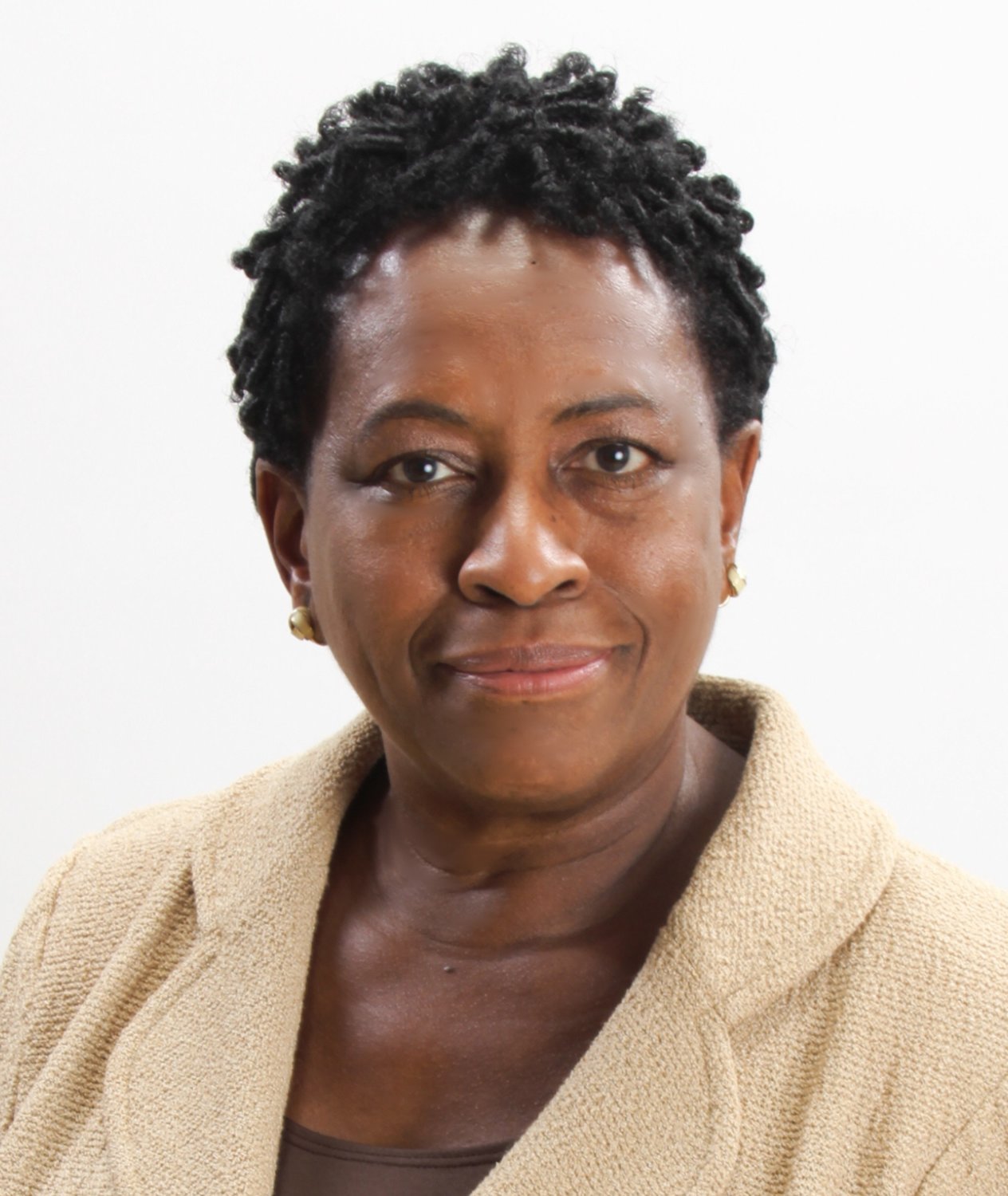Wednesday, April 24, 2024
 49.0°,
Fair
49.0°,
Fair
ERASE Racism welcomes Laura Harding
Founder and president emeritus, Elaine Gross, departs after 21 years
ERASE Racism, a leading regional organization that promotes racial equity on Long Island, has a new face. Laura Harding became the group’s president on Sept. 19, replacing its founder and leader for 21 years, Elaine Gross.
The search for a new president began in April, when Gross announced her departure. Gross created the organization in 2001, and led it to prominence by heightening public understanding of structural racism.
Harding, 48, was born in Barbados and grew up in Brooklyn. She earned an undergraduate degree from Adelphi University, a master’s in social service administration from the University of Chicago and a law degree from Howard University.
A public advocate and attorney with extensive experience in promoting racial justice, equity and inclusion, Harding said that she didn’t initially seek out a role at ERASE Racism. She was working as a co-chair of the Racial Justice & Equity Team in the office of the Deputy Mayor for Education in Washington, D.C.
“I was doing some really incredible work and getting ready to expand my portfolio in D.C.,” Harding explained. “A recruiter approached me, and they were like, ‘Hey, we’re looking for the next leader of ERASE Racism, and your name came up.’”
One thing led to another, Harding said, and she agreed to an interview. “Once I did my research and talked to a couple of people who worked with ERASE Racism,” she said, “I was extremely excited about being considered as a possibility for the position.”
When she left her job in Washington, Harding said, she took time off to prepare to build on the foundation Gross had established.
“My first few days have been spent just really reaching out to different board members and arranging meetings to introduce myself,” she said on Sept. 20. “It’s been exciting to relearn Long Island, and understand who the people are, who the communities are, and who I need to meet.”
Harding said she wanted to take the time to get to know the group’s stakeholders — people directly impacted by its work. “I think when you are an organization like ERASE, a lot of our time is spent among professionals — the elected officials, the community-based organizations, and subject-matter experts,” she explained. “I want to be mindful that I also have access to the voices of the people who we are working for.”
Harding said she finds all of ERASE Racism’s work to be important, but the two things she’s most interested in developing are its advocacy and community education branches. “It allows us to develop and build capacity in students and regular community members to advocate for themselves and their needs,” she said, “to ensure they’re being serviced and supported in an equitable way.”
Gross said that Harding’s extensive resume made her the right choice to succeed her. “It is thrilling for me to see a new president with a breadth of experience appointed to ERASE Racism,” Gross said. “I am delighted that (she) will be succeeding me, and that she will be setting the course for ERASE Racism going forward.”
Edward Pichardo, co-chair of the organization’s board of directors, agreed. “ERASE Racism is fortunate to have someone with her depth of skills come into lead this illustrious organization,” Pichardo stated in a press release last week.
ERASE has done tremendous work, Harding said, but a lot still needs to be accomplished. “If you look at what’s happening, certainly in New York state, on Long Island and across the nation, there clearly is still a lot of work to be done,” she said. “I think there’s a place for the organization — a place to contribute to ensuring that Long Island remains a beautiful, inclusive and equitable place to live.
“I’m excited to be here,” Harding added, “and I’m excited to lead ERASE Racism’s work, and I look forward to connecting with our various communities and stakeholders to hear their thoughts, and hopefully advocate for them in a way that’s powerful.”
HELP SUPPORT LOCAL JOURNALISM
The worldwide pandemic has threatened many of the businesses you rely on every day, but don’t let it take away your source for local news. Now more than ever, we need your help to ensure nothing but the best in hyperlocal community journalism comes straight to you. Consider supporting the Herald with a small donation. It can be a one-time, or a monthly contribution, to help ensure we’re here through this crisis. To donate or for more information, click here.
Sponsored content
Other items that may interest you









